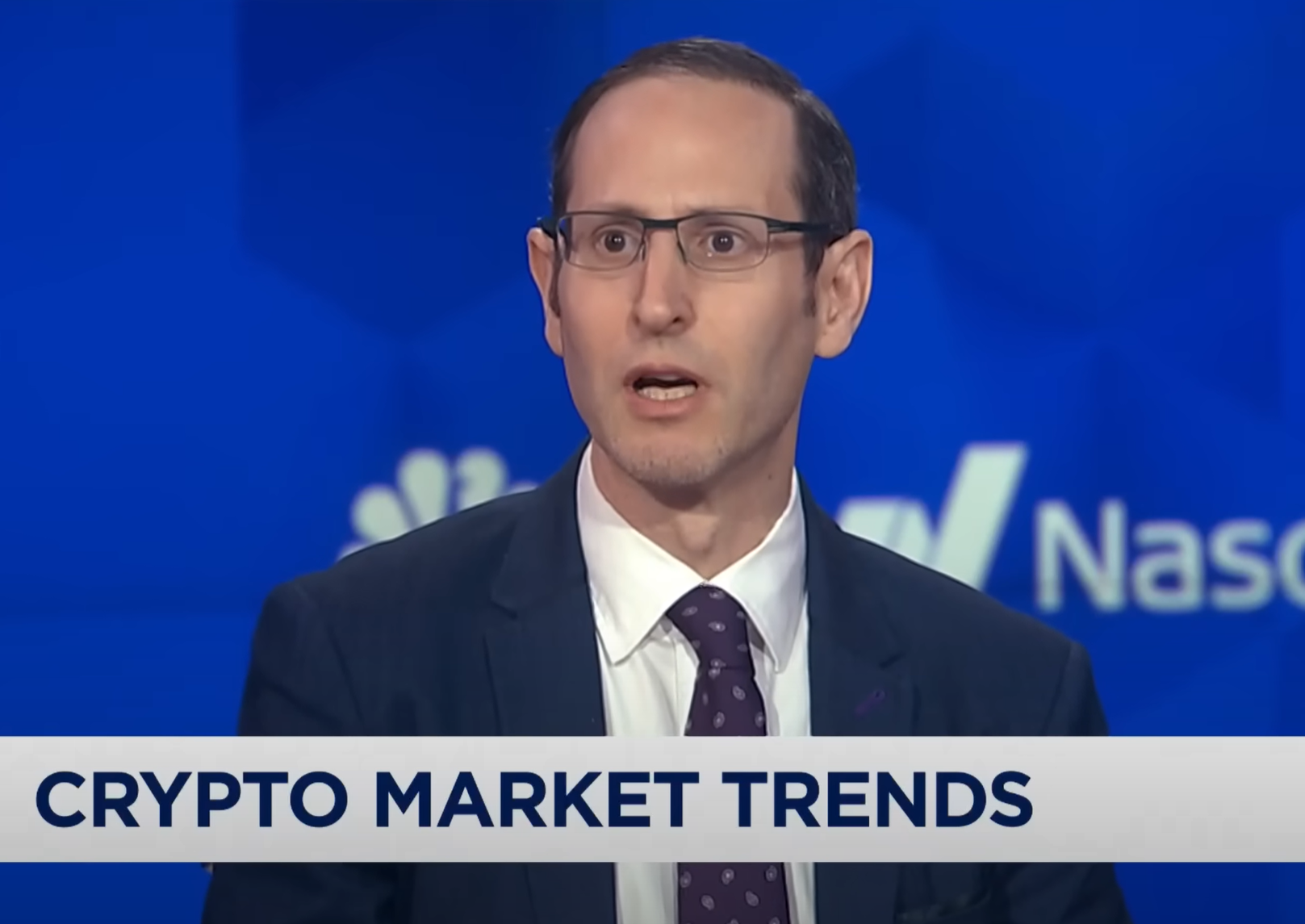Trading volumes across different crypto exchanges in India have dropped by 15-55% as the new crypto tax law came into effect on April 1st.
New Crypto Law Affects Trading Volumes
The drop in trading volumes in crypto exchanges across the country has led analysts to believe a similar fate for liquidity. Even domain traffic on Indian crypto exchanges has gone down by a significant 40%, indicating that the crypto investment market is taking a blow due to the 30% tax levied on this asset. The prediction is that the 1% tax deducted at source law, which is to come into effect from July 1, will affect liquidity.
For example, one of the country’s leading crypto exchanges, WazirX, experienced a drop in trading volume from $208 million to less than $100 million just after the clock struck 12 and commenced the new financial year.
As per the announcement made by Finance Minister Nirmala Sitharaman, a hefty 30% tax is to be imposed on all crypto profits. In addition to the sizeable taxation, 1% TDS per transaction will also be imposed for crypto transactions. As a final nail in the coffin, the law also prevents investors from offsetting losses in one asset against profit from another. Therefore, any loss incurred while investing in crypto, which is still a highly volatile asset class, will not be offset against profit from any other asset.
Liquidity In Trouble Over TDS
The 1% TDS is the main source of apprehension for investors concerned about the market liquidity. It will cause frequent traders to cut down on the frequency of their transactions to reduce their losses, which would affect the asset’s liquidity in the market.
Speaking on the matter, Manhar Garegrat, who is the Executive Director of Policy of yet another popular crypto exchange of the country, CoinDCX, said,
“There will be no liquidity left in the markets. Trades placed by buyers will not get executed as efficiently as they do today, and such inefficiency will eventually dwindle the whole ecosystem.”
Waiting For A ‘Global Consensus’
The crypto market in India has been through the doldrums. While the Supreme Court overruled the RBI’s blanket ban on cryptocurrencies back in 2020, the market has still failed to gain stability. The 2022 Budget announcement did give investors some regulatory framework on which to base their investment activities. However, the plummeting numbers indicate that it might take the market some time to adjust to these strict taxes. However, the Modi Government is still holding back from enforcing a wide cryptocurrency regulatory framework, claiming that it is waiting for a global consensus on crypto policies.
Disclaimer: This article is provided for informational purposes only. It is not offered or intended to be used as legal, tax, investment, financial, or other advice.
Credit: Source link























